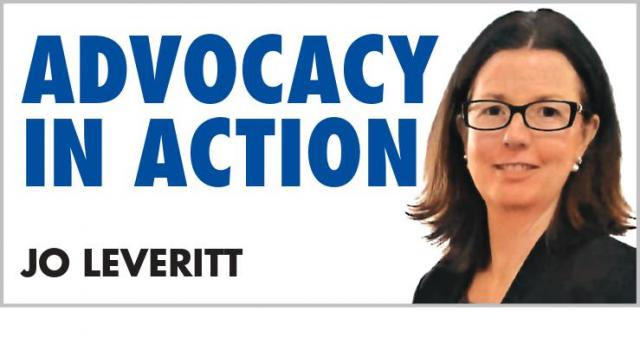The 2024 theme for International Women’s Day (IWD) is “Inspire Inclusion”.
It’s two powerful and impactful words that advocates for the active inclusion of women worldwide.
The aim is to create a world where women are not only present but also heard, valued and empowered.
To inspire inclusion, we must engage in a concerted effort to dismantle the systemic barriers that perpetuate inequality.
This involves critically examining our own biases, advocating for policies that promote equity, and creating spaces where diverse voices can be heard and valued.
It also means recognising the unique contributions of women from all walks of life and ensuring that these contributions are acknowledged and celebrated.
Inclusion is not about tokenism, such as increasing numbers or mandating women’s presence in various domains; it is about creating environments where women’s voices are genuinely integrated into decision-making, policy formulation, and societal norms.
It is about valuing the diversity of women’s experiences and ensuring that this diversity is reflected in the institutions, laws, and cultural practices that shape our world.
However, the journey towards inclusion is fraught with challenges. Viewing inequality solely through a gendered lens, as has often been the case, risks oversimplifying the complexity of discrimination and marginalisation that many face.
The Royal Commission into Violence, Abuse, Neglect, and Exploitation of People with Disability in Australia, for instance, reported extensively the inequities faced by individuals with disabilities, highlighting the intersection of disability with other identity factors, including gender.
Such insights call for a broader, more nuanced understanding of inequality, one that encompasses not just gender but the myriad ways in which discrimination manifests and intersects.
Further, a gendered approach to equality often reinforces a binary understanding of gender, recognising only male and female identities. This perspective fails to account for the experiences of non-binary and transgender individuals, whose identities and challenges may not align with traditional gender norms.
Inclusion, in its truest sense, requires us to move beyond binary conceptions of gender, embracing the full spectrum of gender identities and expressions.
The ‘Inspire Inclusion’ theme for IWD 2024 is an opportunity to act, for everyone, regardless of gender, to play an active role in shaping a more inclusive world. Whether through advocacy, education, community engagement, or policy reform, every effort counts.
In the words of the iconic feminist, journalist, and activist Gloria Steinem: “The story of women’s struggle for equality belongs to no single feminist nor to any one organisation but to the collective efforts of all who care about human rights.”







